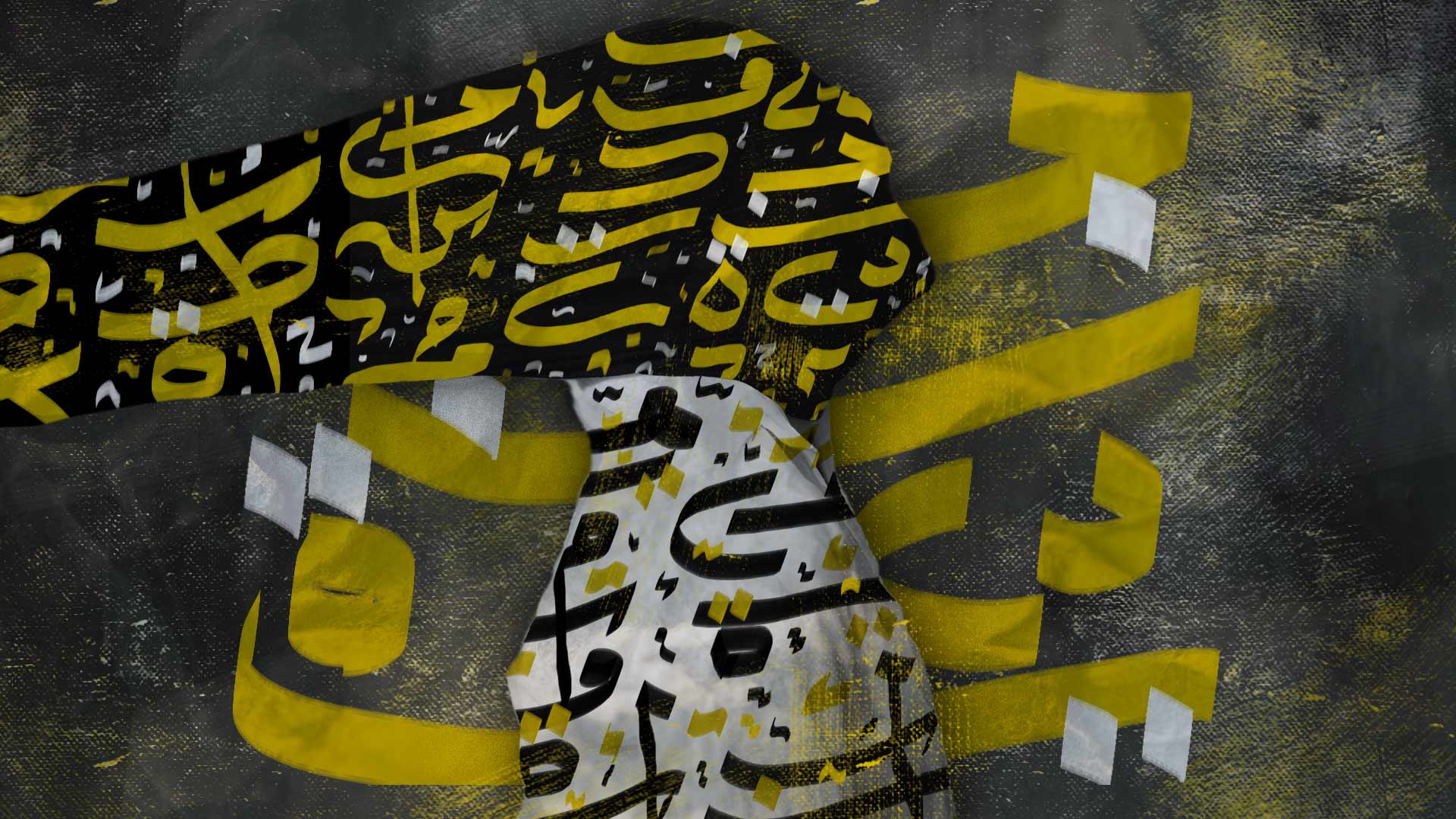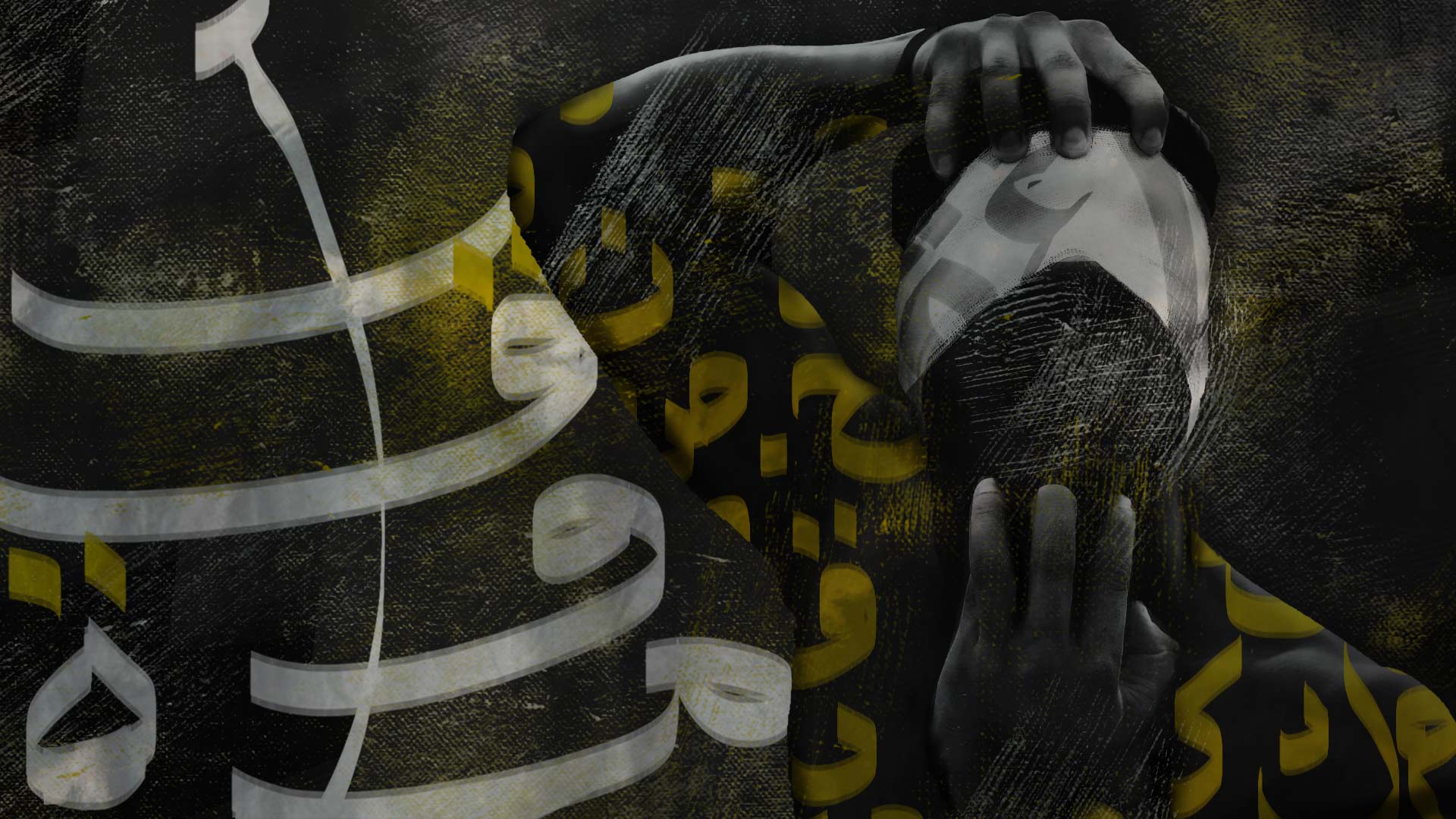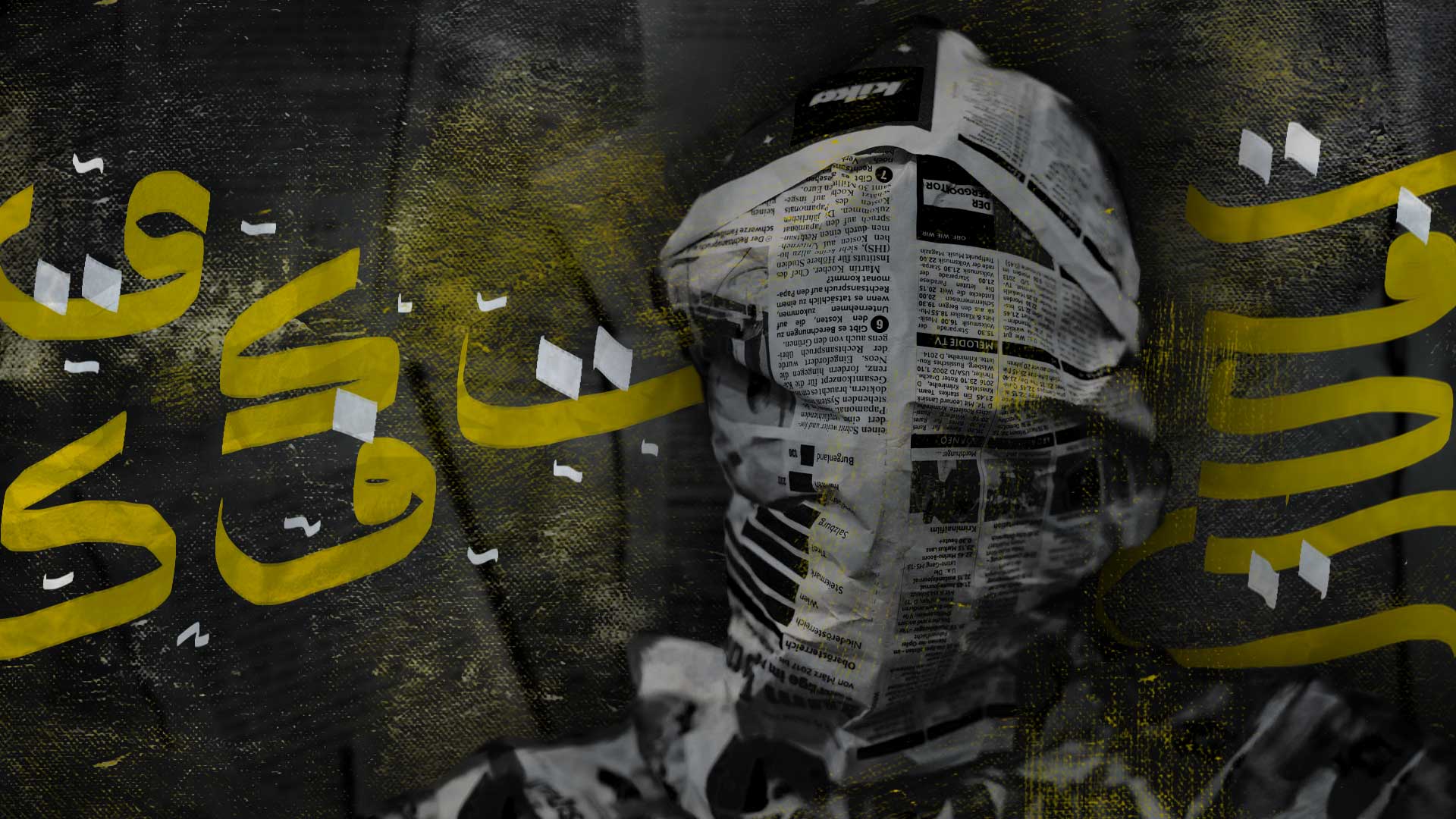| EPISODE 2
Inclusivity in the Arabic Language
Created by
Inkyfada Podcast
Directing, Recording and Montage
Hazar Abidi
Mixing and Sound Design
Oussema Gaidi
Illustration
Tayma Ben Ahmed
Within feminist and decolonial movements, language is constantly evolving. How can language be feminised? How are the concepts of " gender" and " inclusiveness" expressed in Arabic?
When translated into Arabic, these words that are susequently considered " imported" complicate the process of translation. Retranslated and reappropriated, new words start to appear, and the difficulty lies in finding solutions for evolving the language without distorting it, far from purist reasoning..
Our guests discuss various developments of this kind in the Arabic language, while challenging the many existing alternatives. Feminisation, neutralisation and reappropriation, all attempt to dismantle political violence from a gender and decolonial perspective.
The guests of this episode are:
Rola Seghaier, Tunisian journalist
Khookha McQueer, Tunisian writer and queer activist
Nisreen Al-Zahr, Syrian journalist and linguist
Pascale Saouma, Lebanese journalist
Jana Khaled, Jordanian community manager
Monia Ben Hamadi, Tunisian journalist
Gender in language, from power to resistance
Latest episodes
| EPISODE 3
Language, A Form of Resistance
| EPISODE 1
Absent in Language: Absent in Mind
ABOUT
Inkyfada Podcast is the first platform entirely dedicated to original Tunisian podcasts, and was conceived by Inkyfada media in collaboration with the in-house research and development laboratory, InkyLab. Inkyfada joined the global podcast boom in 2017, when the team produced the first Tunisian audio documentary, diving deep into the belly of the El Kamour struggle taking place in the desert. Since then, Inkyfada Podcast has produced a wide variety of documentaries, investigations, and podcast series, as well as articles accompanied by music; covering a multitude of contemporary issues in order to offer an immersive and alternative podcast experience. Whilst exclusively offering audio content, the Inkyfada Podcast team upholds the same core values and principles of inkyfada.com, and is committed to producing high quality content though a dynamic and meticulous production process. In addition to the permanent team, Inkyfada podcast works closely with various journalists, artists, illustrators, musicians and other content creators in order to diversify the platform and support artistic creativity. These podcasts differ from traditional radiophonic content in that the applied production and editing process is more akin to cinematographic techniques, in addition to being web-based, downloadable and accessible on demand. Additionally, Inkyfada Podcast uniquely offers subtitles in French, Arabic and English for all audio content, the majority of which is recorded in Tunisian or in the preferred language of the speaker in question.






